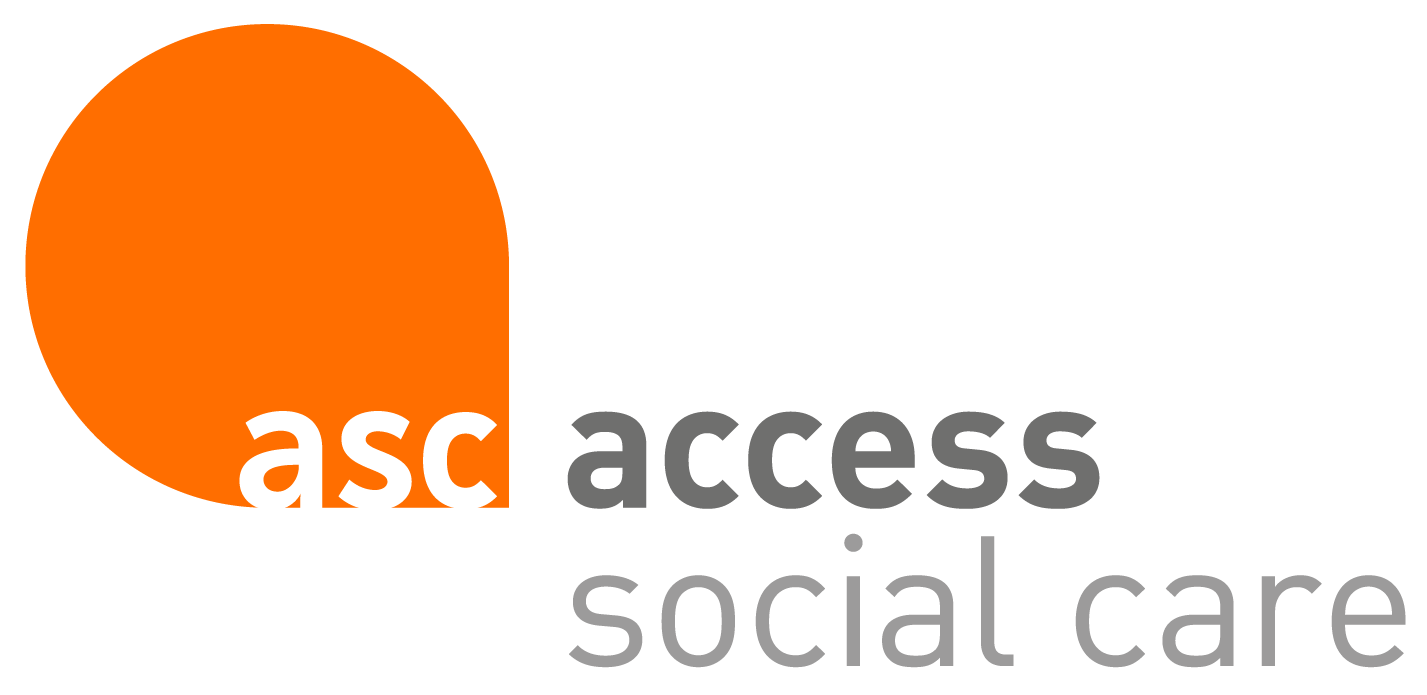Data in Social Care Series: catch up with Joining the Dots.
On Monday June 30th, 50 social care data champions joined us online to hear from organisations working on different pieces of the social care data puzzle. From cataloguing datasets for easier discovery, building geographical products that demo data, to AI-boosted data portals that surface insights.
The first "Joining the Dots" event provided an opportunity for people to explore the evolving landscape of social care data. The session was made possible with support from the Joseph Rowntree Foundation and was kicked off by Amit Kohli, Access Social care’s Head of Data Insight.
The first data project showcased was the Social Care Data Catalog project, presented by Ed Stubbs from the Social Care in the Care Policy and Evaluation Centre (CPEC) at LSE. This project aims to centralise social care data sets, making it easier to find out what data is already out there which in turn can help identify research gaps. The catalog has been designed to be accessible to social care experts and non-experts alike.
View the catalogue here: https://cataloguesocialcare.uk/
Kari Gerstheimer, CEO and founder of Access Social Care showcased our live data portal. This platform combines data from a range of sources to start to build a picture about social care provision across England. The platform uses Artificial Intelligence (AI) to digest the data and generate a narrative about each local authority area. Data gathered in Gloucestershire is shared with the Local Authority to improve services for people, and has directly influenced policy changes which clearly demonstrates the power of data-driven advocacy. Our aim for the future of the data portal is to repeat that success in other areas using the data gathered to improve policies in every local authority.
View the data portal here: https://data.accesscharity.org.uk/. Please note - this is in open beta now, we’d love your feedback!
Victoria Buyer, External Policy Lead at the Association for Real Change (ARC) rounded off the presentations by showcasing several data-rich dashboards and tools designed to democratise social care data. These tools aim to improve care provision by making information like fee rates for disabilities and mental health service provision more accessible.
View the dashboards:
https://amhp.org.uk/mental-health-sector-mapping/
https://amhp.org.uk/our-work/mental-health-workforce-mapping/
The discussions highlighted challenges and opportunities. Presenting complex data to diverse audiences and ensuring consistent data categorisation are clearly key hurdles. Solutions proposed included simplifying the presentation of data, fostering data literacy, and using AI for classification as long as there was still human oversight. The potential for linking NHS and social care data was highlighted as a major opportunity for to improve care provision.
The session explored some innovative qualitative data collection methods like storytelling, drawing, and using games like Minecraft to gather and deliver insights directly from people using care services. The emphasis was on nurturing relationships to encourage greater communication to understand people’s personal experience.
The event finished with suggestions for potential actions - these included focusing on refining data presentation, ensuring consistency in data categorisation, maintaining human involvement when using AI, and actively exploring creative ways to gather qualitative data to improve social care services for everyone.
Look out for the next session in the ‘Data in Social Care’ Series.
